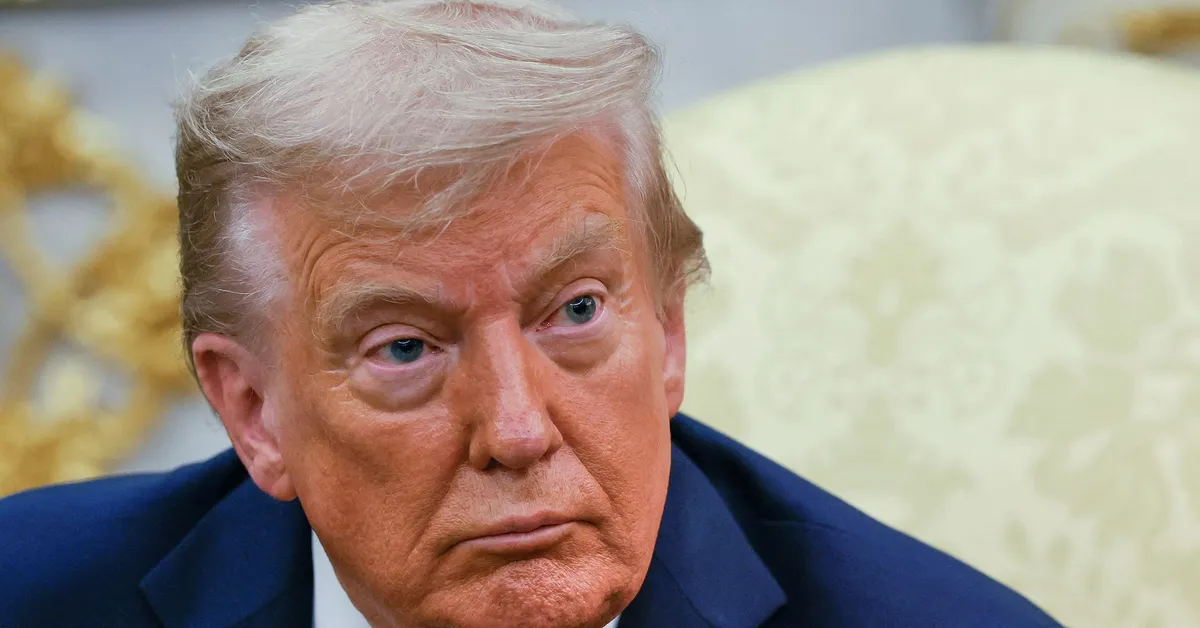
On August 30, 2023, U.S. President Donald Trump announced his intention to issue an executive order mandating voter identification for all voters. In a post on Truth Social, Trump emphasized, “Voter I.D. Must Be Part of Every Single Vote. NO EXCEPTIONS! I Will Be Doing An Executive Order To That End!!!” This announcement underscores Trump's ongoing commitment to electoral reform.
In addition to the voter I.D. requirement, Trump stated that mail-in voting would be prohibited, except for individuals who are seriously ill or members of the military stationed far from their voting districts. His stance reflects a broader skepticism about the integrity of the U.S. electoral system, which he has long critiqued.
Trump continues to propagate the false narrative that his defeat in the 2020 presidential election to Democratic President Joe Biden was due to widespread voter fraud. Despite extensive investigations debunking these claims, Trump and his Republican allies persist in alleging that illegal voting by non-citizens is prevalent. Such assertions lack credible evidence and have been widely dismissed by election experts.
In his ongoing campaign for electoral reform, Trump has consistently called for the abolition of electronic voting machines, advocating instead for a return to paper ballots and hand counts. However, election officials have warned that this approach can be more time-consuming, costly, and less accurate than machine counting.
Earlier this month, Trump pledged to end the use of mail-in ballots and voting machines ahead of the 2026 midterm elections. However, it's important to note that federal elections are primarily governed at the state level, raising questions about whether the president possesses the constitutional authority to implement such changes.
The upcoming elections on November 3, 2026, will serve as a critical referendum on Trump’s domestic and foreign policies since his return to power in January. As Democrats aim to dismantle the Republican majority in both the House of Representatives and the Senate, the outcome will significantly influence Trump's domestic agenda moving forward.
This evolving narrative surrounding voter identification and electoral integrity continues to be a focal point in U.S. politics, reflecting broader debates about democracy and the electoral process.